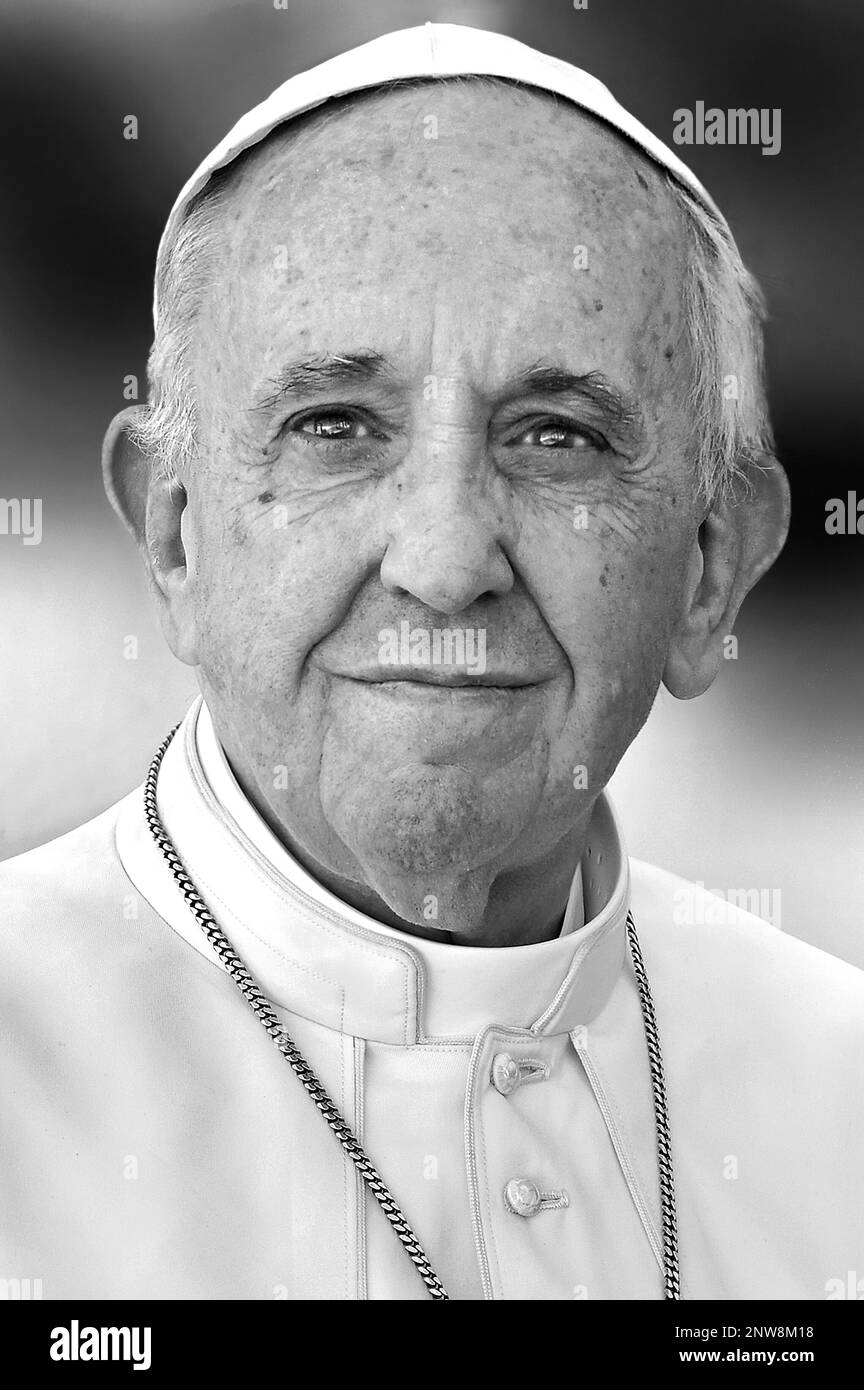Pope Francis has captured the hearts of millions around the world with his humility, compassion, and progressive approach to leadership. As the first pope from the Americas and the first Jesuit to take on the role, he brought a fresh perspective to the Catholic Church. His papacy was marked by efforts to modernize the church and address global issues such as poverty, climate change, and social justice.
Beyond his policies and public appearances, there are fascinating details about Pope Francis that intrigue both believers and non-believers alike. From his unique background as a former chemistry teacher to his love for soccer, Pope Francis is a multifaceted figure whose legacy continues to inspire new generations. Discovering more about his papacy, including the number associated with his reign, offers insight into this remarkable leader's impact on the world.
What Pope Francis' Legacy Means For Gen-Z Catholics
Pope Francis leaves behind a legacy that resonates deeply with younger generations, particularly Gen-Z Catholics. During his tenure, he addressed pressing issues relevant to young people, such as environmental conservation and social inclusion. By emphasizing the importance of caring for our common home, as outlined in his encyclical Laudato Si', Pope Francis inspired many young Catholics to become more engaged in activism and community service.
The increase in young followers can also be attributed to his relatable persona and use of modern communication tools like social media. Through platforms such as Twitter, Pope Francis connected directly with millions worldwide, sharing messages of hope, faith, and encouragement. This accessibility helped bridge gaps between traditional religious practices and contemporary lifestyles, making the Church feel more relevant to younger audiences.
Moreover, Pope Francis encouraged dialogue within the Church, inviting diverse voices to contribute to discussions on doctrine and practice. This openness fostered an environment where young Catholics felt valued and empowered to express their views, further strengthening their connection to the faith.
Papal Numerology: The Mystery Behind Regnal Numbers
Historically, popes have been identified by regnal numbers to distinguish them from predecessors who shared the same name. However, according to the Annuario Pontificio published annually by the Roman Curia, assigning these numbers has become increasingly complex. Factors such as antipopes and historical uncertainties make it challenging to determine accurate sequences.
In recent times, some popes chose not to adopt numerical distinctions altogether. For instance, when Cardinal Joseph Ratzinger became Pope Benedict XVI, he opted against continuing the numbering system used previously. Similarly, Pope Francis decided against appending a numeral to his chosen name, symbolizing continuity rather than succession.
This decision reflects a broader trend towards simplifying titles and focusing on substance over formality. It aligns with Pope Francis' emphasis on humility and service, reinforcing his commitment to leading by example rather than adhering strictly to tradition for its own sake.
Pioneering Leadership: Firsts Under Pope Francis
Pope Francis made history as the first Jesuit pope and the first from Latin America. His election marked a significant shift in geographical representation within the Vatican hierarchy, highlighting the growing influence of Southern Hemisphere dioceses. Prior to becoming pope, Jorge Mario Bergoglio served as Archbishop of Buenos Aires, where he earned respect for his dedication to pastoral care and social justice initiatives.
During his papacy, Pope Francis implemented several reforms aimed at enhancing transparency and accountability within the Church. One notable achievement was establishing the Secretariat for the Economy to oversee financial operations more effectively. Additionally, he restructured various Vatican departments to improve efficiency and responsiveness to contemporary challenges.
Another groundbreaking aspect of Pope Francis' leadership involved expanding opportunities for women and laypeople to participate actively in Church governance. By appointing female members to key advisory bodies and promoting collaboration across different sectors, he demonstrated a commitment to inclusivity and shared responsibility in shaping the future direction of the Catholic Church.
Sports Enthusiast: Pope Francis' Love for Soccer
Before ascending to the papacy, Jorge Bergoglio was an avid supporter of San Lorenzo de Almagro, a professional football club based in Buenos Aires. Interestingly, before he became pope, he held membership number 88235 with the team, which later sparked speculation among fans regarding potential hidden meanings or prophecies embedded in the digits.
This passion for sports underscores Pope Francis' ability to connect with people from all walks of life. By openly discussing his interest in soccer during interviews and public engagements, he conveyed authenticity and approachability, qualities that endeared him to countless admirers globally. Furthermore, using sports metaphors in sermons and speeches allowed him to communicate complex theological concepts in ways that were accessible and engaging.
San Lorenzo itself honored their distinguished supporter by naming part of their stadium after him, recognizing his contributions both as a fan and spiritual leader. Such gestures exemplify how personal interests can transcend boundaries, fostering unity and mutual respect among diverse communities.
Cardinal Appointments: Shaping the Future of the College
Pope Francis significantly influenced the composition of the College of Cardinals through strategic appointments throughout his pontificate. By elevating bishops from traditionally underrepresented regions, he ensured greater geographic diversity while also prioritizing candidates known for their commitment to evangelization and pastoral work.
One consequence of these selections was increasing the proportion of cardinals belonging to religious orders, reflecting Pope Francis' preference for leaders grounded in simplicity and missionary zeal. At the same time, he maintained balance by including experienced administrators capable of guiding the Church through complex administrative matters.
Looking ahead, these changes will likely shape deliberations during future conclaves, ensuring that decisions reflect broader perspectives and priorities aligned with Pope Francis' vision for a more inclusive and outward-looking Catholic Church. Ultimately, his thoughtful approach to cardinal appointments reinforces his legacy as a transformative leader dedicated to renewal and reform within the institution he led so passionately for over a decade.

